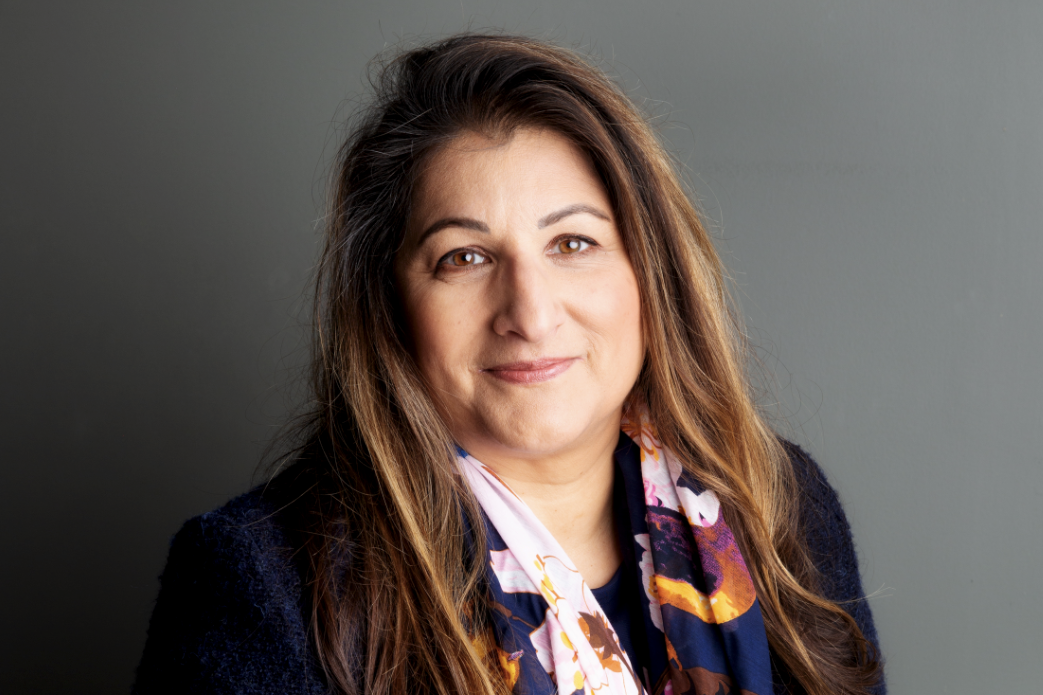Heartbreak And Hope: How ‘Silver Splicers’ Are Bouncing Back From Divorce
Published on 31 August, 2023 | Alison Fernandes

Over the course of almost three decades, I’ve been trusted by more than a thousand individuals to help them navigate the divorce process.
In some cases, their marriages had come to an end after relationships lasting many years.
Even when a break-up is relatively amicable, it can still be an unpleasant experience.
The realisation that something – or someone – to whom you have been committed hasn’t worked out can act as a deterrent to further romance.
However, that isn’t the case for everyone, as a glance across data published by the Office for National Statistics (ONS) makes clear.
In May, it issued figures detailing marriage trends in England and Wales stretching back to 1837 – the year that Victoria became queen (https://www.ons.gov.uk/peoplepopulationandcommunity/birthsdeathsandmarriages/marriagecohabitationandcivilpartnerships/bulletins/marriagesinenglandandwalesprovisional/2020).
Much of the media coverage of the release focused on the fact that it showed that the number of marriages in 2020 (85,770) was the second lowest on record – a development, no doubt, affected by the pandemic and economic strain.
Yet, as is so often the case, examining the ONS’ material more closely reveals additional subtle but important patterns.
Arguably the most significant, in my opinion, is what is happening among divorcés who are middle-aged.
Five years ago, men and women in their late forties were responsible for most remarriages.
More than half of all divorced men who marry again are now over the age of 50.
Furthermore, men in their sixties are now more willing than any other age group to tie the knot a second time. Remarriage among men aged between 60 and 69 has increased by 11 per cent in the last five years for which data is available.
Men of this age group are also almost twice as likely to marry again as those in their late thirties who have seen their marriages collapse.
As I’ve been telling James Beal, the Times’ Social Affairs Correspondent, it is not just possible to read a shift in age groups from the data but between genders too (https://www.thetimes.co.uk/article/15dae4e4-4697-11ee-b1f2-68fee143d67b?shareToken=98bf07d8ce426b4c56b76b2935a55bef).
The figures demonstrate that divorced men aged 50 and over are 10 per cent more likely than their female counterparts to remarry.
As much as it might be tempting to view this trend almost as a triumph of hope over the sometimes traumatic experience of divorce, I happen to believe that there is considerable pragmatism at play.
Yes, the numbers confirm the sort of things which myself and my colleagues at Hall Brown see on a regular basis.
Men, for instance, are – generally – more clear-minded about what they want from life after divorce.
In many cases, they have often begun new relationships even before their marriages are formally over, whereas a significant proportion of female clients describe wanting time on their own.
For some women, that is to recover from the emotional shock of a divorce, while others talk of just needing space after a marriage and a fruitful career of their own.
Men of pension age who move on with their lives often do so with their eyes firmly open.
As they perhaps come to the end of their careers, they want to take care of whatever assets are left after a divorce, something which is particularly true if they have children from an earlier marriage.
That doesn’t mean they regard subsequent relationships as purely practical arrangements.
The sort of clarity which can often come with the jolt of a divorce makes many people aware of the legal distinction between cohabitation and marriage when it comes to inheritance and widows’ pension benefits.
Marriage, people realise, simply offers greater protection for their partners.
Even so, having gone through a previous divorce, men who wed once more are keen to protect their finances from a potential repeat.
That’s one reason why we have seen an increase in the number of pre-nuptial agreements in recent years, many of which have been requested by men in middle-age.
They are showing that divorce need not necessarily be an impediment to remarriage. In that respect, it seems, they are leading others by example.